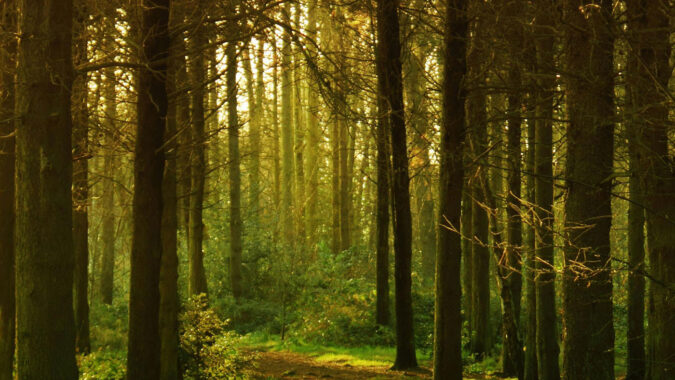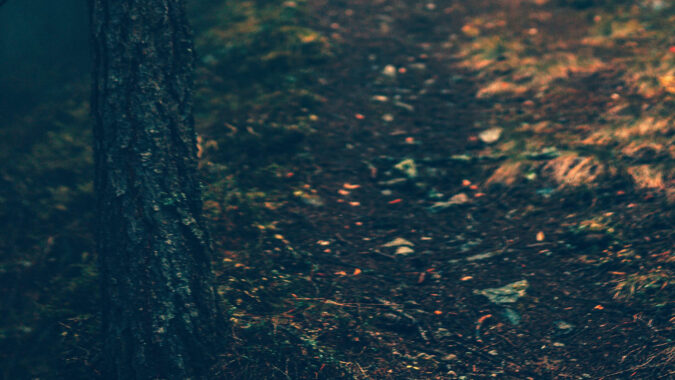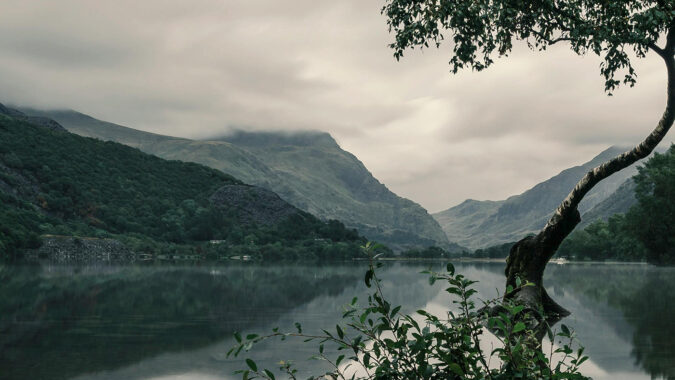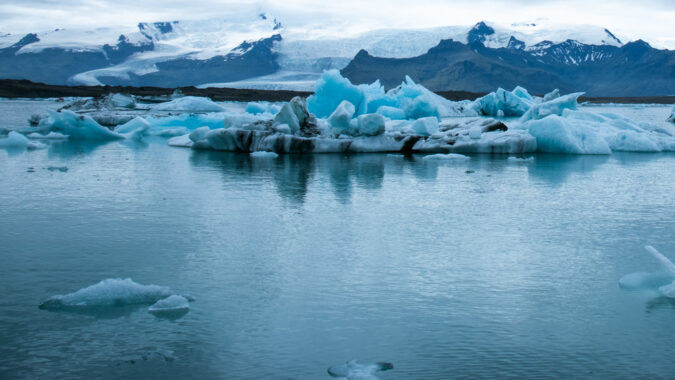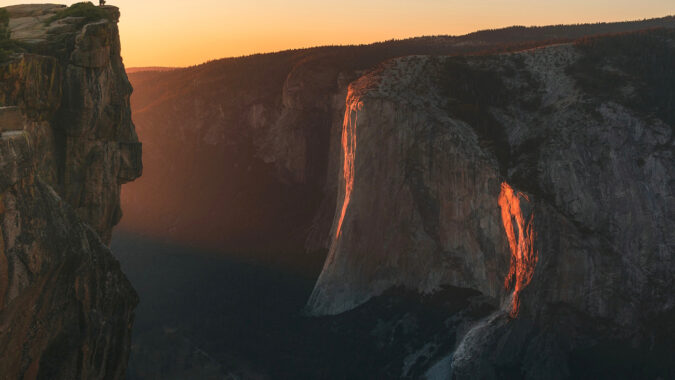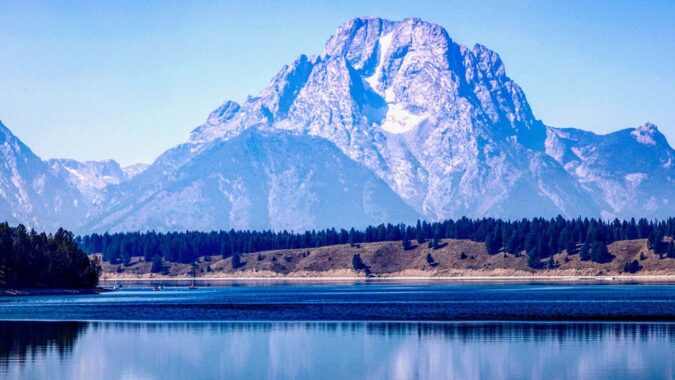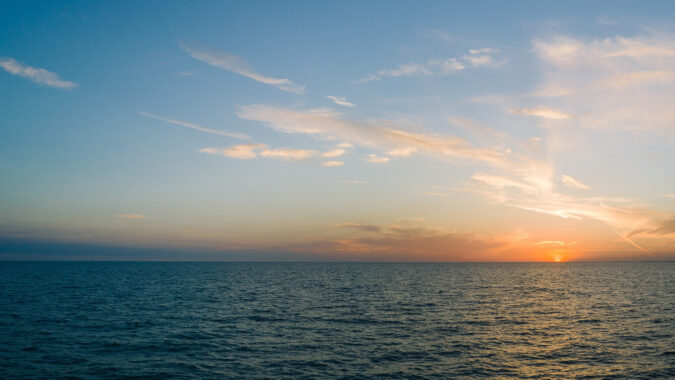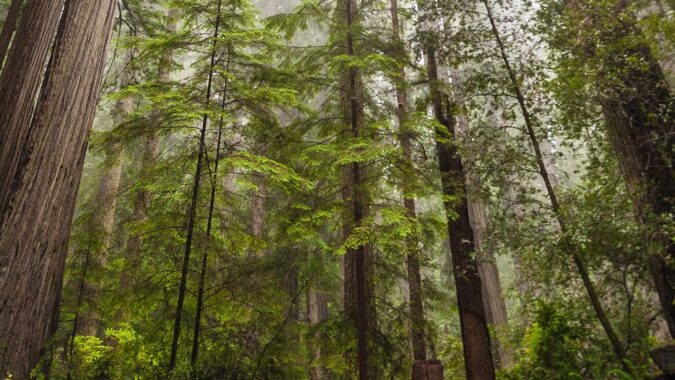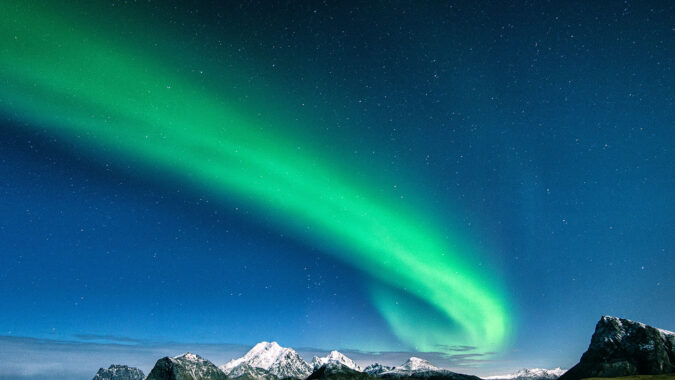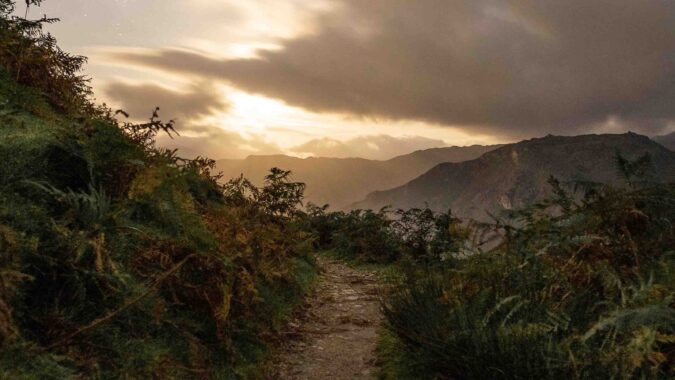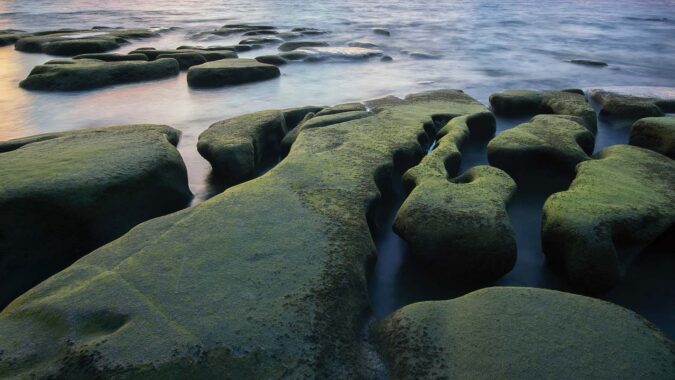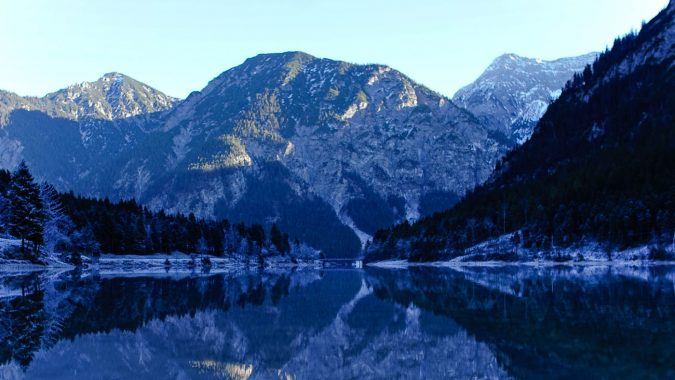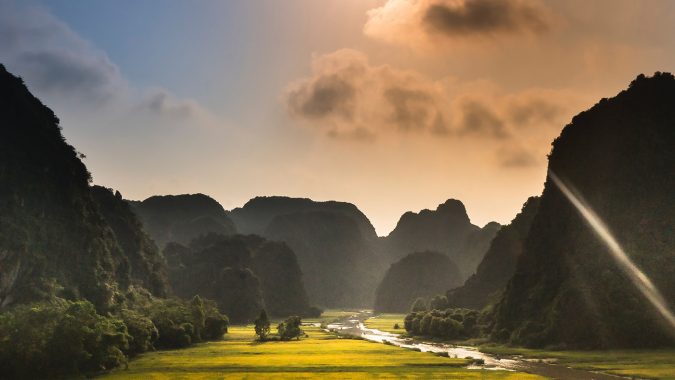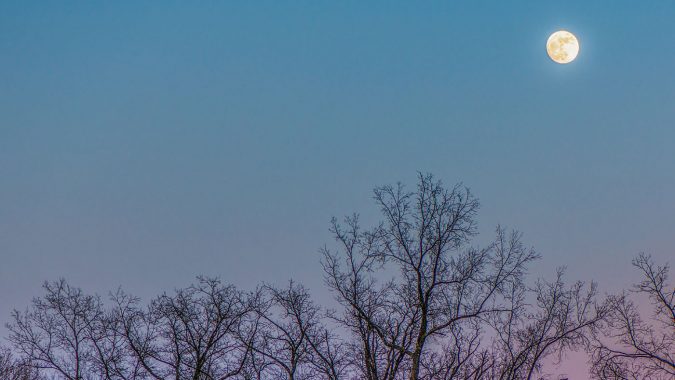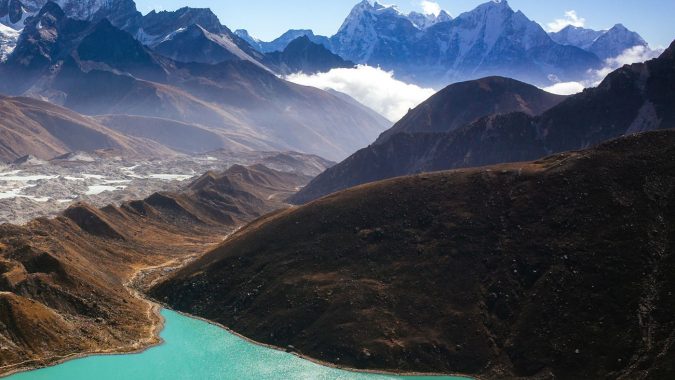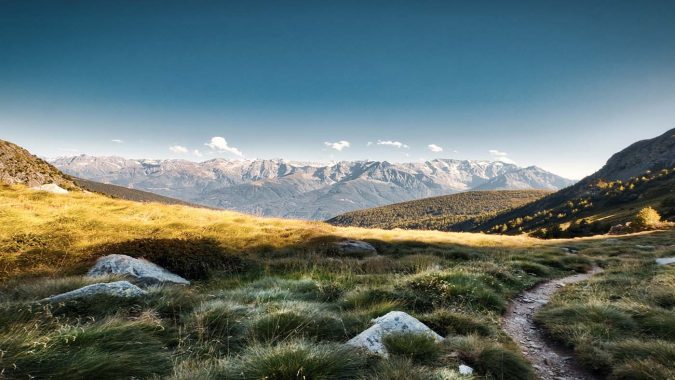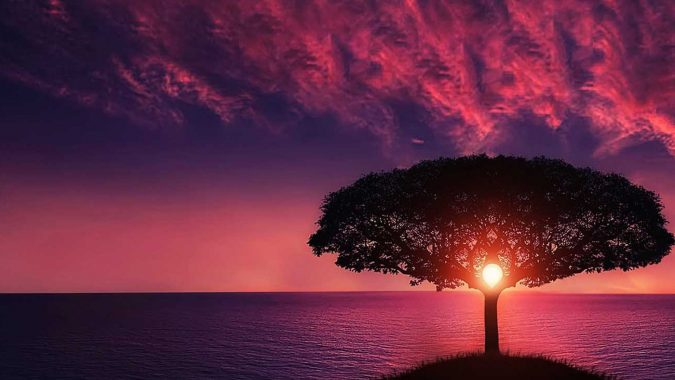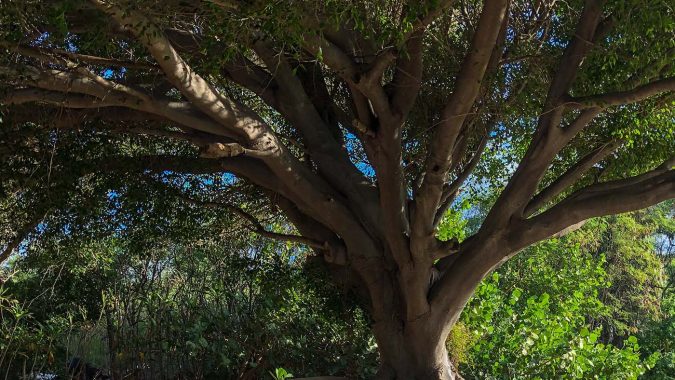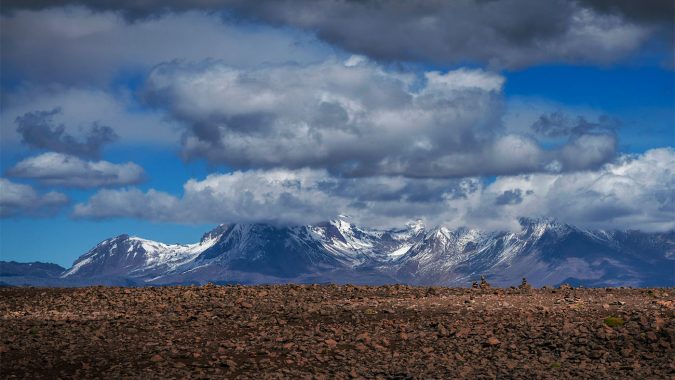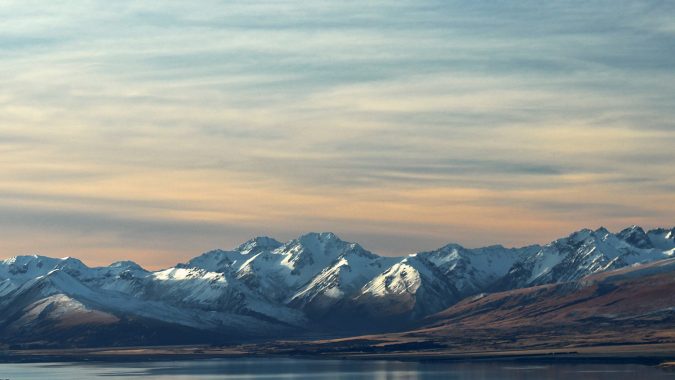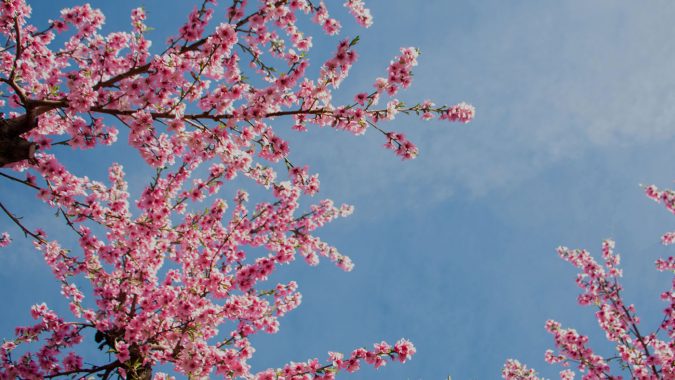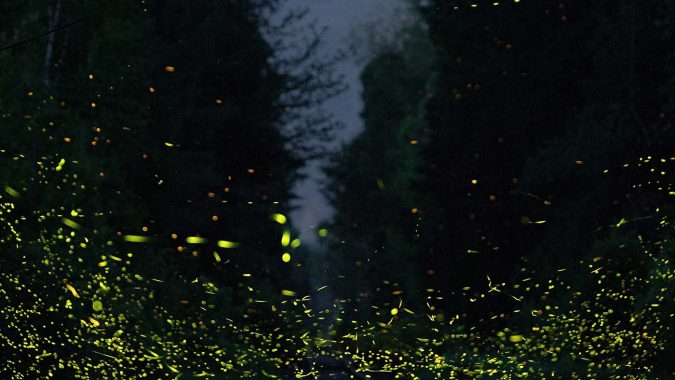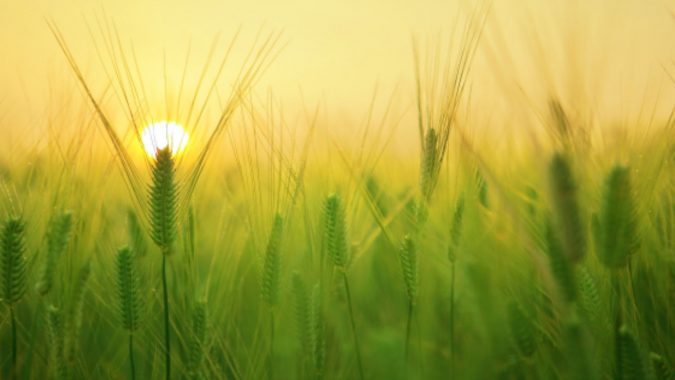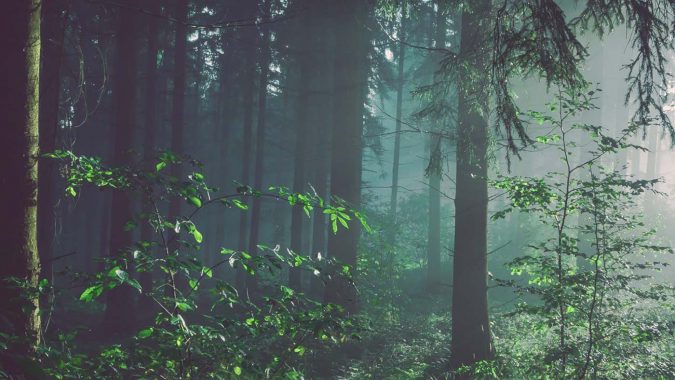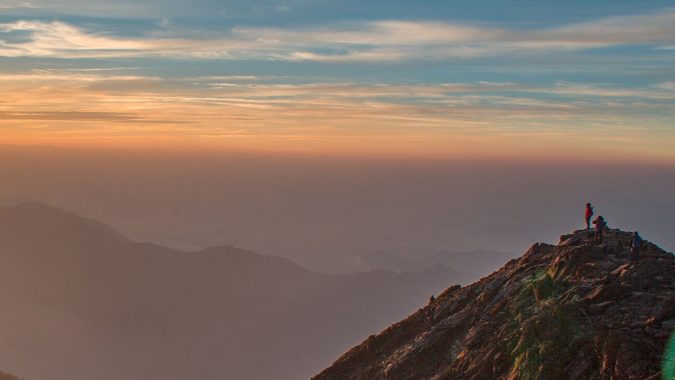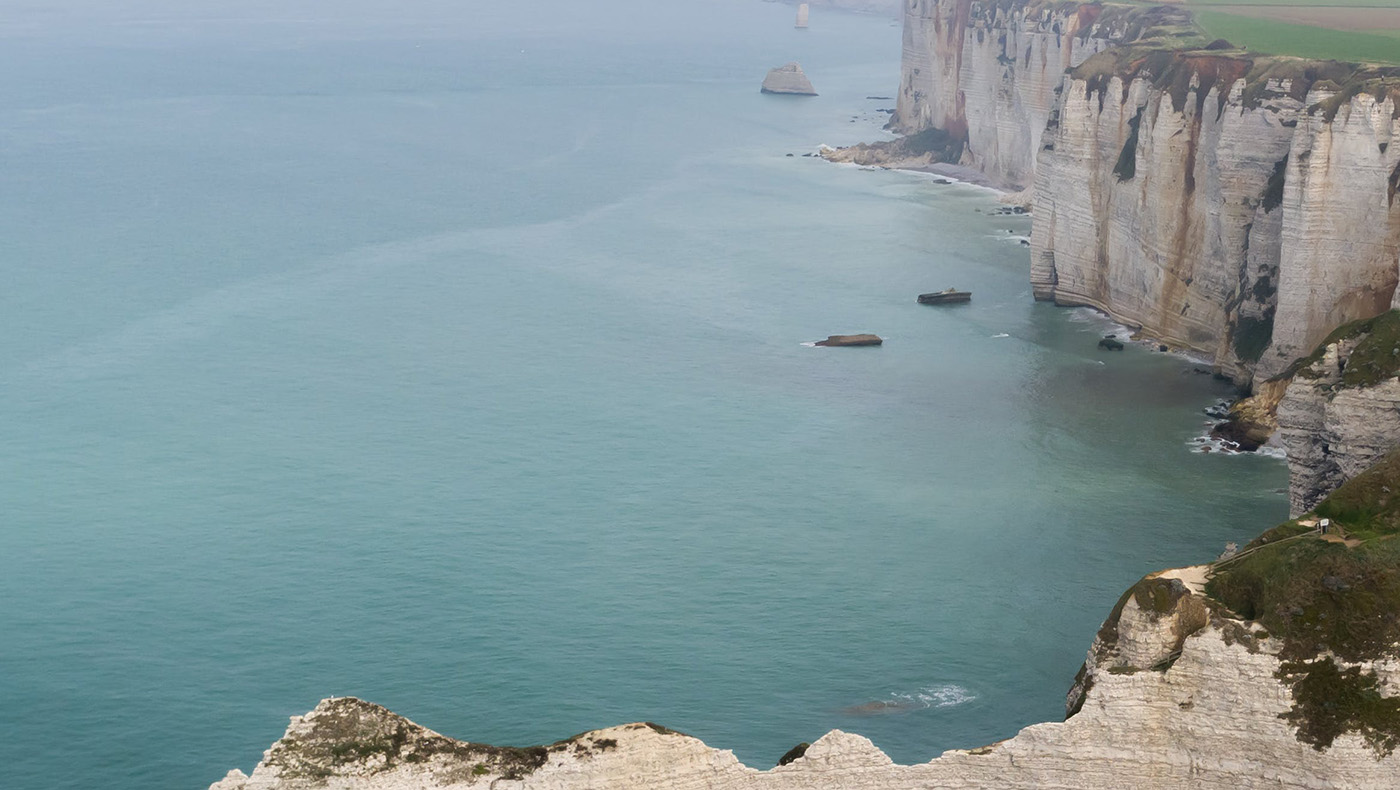
Teachings by Dharma Master Cheng Yen
Translated by Dharma as Water Dev. Dept, Tzu Chi USA
During my recent travels, I was frequently told, “Master, please take care of yourself and your health.” I would always reply, “Birth, aging, illness, and death are the laws of nature. Illness closely follows aging, and ultimately, all life ends with death.” Aging, illness, and death are unavoidable processes. Not only can we become physically ill, but we may also suffer from ailments of the mind. However, we can prevent illness, and we can also regain our health. Between life and death, time, space and interpersonal relationships are also very important.
Advancing technology allows us to “see” very far, and our “vision” has become wider. In the past, the Buddha talked about “seeing the world with the Buddha’s eyes.” The world is inseparable from the Four States. The Three Principles and Four States are the greatest principles in life.
The three principles of life, matter, and the mind all follow the four states of existence. The body follows the principles of life and always undergoes birth, aging, illness, and death. Tangible things follow the principles of matter and undergo formation, existence, decay, and disappearance. The mind follows the principles of the mind and goes through arising, abiding, changing, and ceasing.
The modern world is changing at an increasingly faster pace. New things are constantly being invented; however, their usage remains the same. For example, the folders I am given have always been black or blue, but today I was given a brand new one that was a different color. Changes like this can make familiar things seem fresh. However, the appearance of things changes only to attract attention and desire, and to constantly create new consumer demand. Furthermore, the more we consume, the more garbage we create.
Wherever I go, people in various fields, including the recycling Bodhisattvas, always ask questions regarding protecting the environment, such as how to reduce waste, how to achieve zero waste, and so on. People have the knowledge to protect the environment, but they lack wisdom. We know how to make things better, but lack the will to become more frugal. If we could only reduce our desires, the altruistic potential of our wisdom would naturally increase. We would not accumulate unnecessary things, and would produce less garbage.
I hope Tzu Chi volunteers will exercise a “conserving” spirit. What that entails is to give old things a new lease on life; if we mindfully fix and maintain old things, they can sometimes work even better than new ones. But what is most important is that we should awaken our love and avoid unnecessary consumption.
We live very comfortable lives. The tap water we use is called “self coming” water in Mandarin Chinese. But in fact, water does not truly come to us on its own. It requires abundant engineering work, the wisdom and labor of many people to connect a water pipeline to our homes. We should cherish water. Not only should we conserve water ourselves, but we should also spread this awareness to others.
We must teach about principles. The shortcomings in the world require the guidance of principles. We must transform a “lacking” mindset to a “content” one and help people realize that they are blessed and should express gratitude all the time. If we can always be frugal, have few desires, and be content, our lives will be enriched.
When it comes to birth, aging, illness, and death, death is actually a form of liberation. Life is full of suffering, and the demands of the mind truly make life hard. The current social environment demands that everyone be satisfied but, ironically, we are never satisfied with ourselves. We seek to be satisfied until our last breath.
So, we have to be satisfied and content now to foster gratitude. With gratitude, we will naturally become happy in life. To achieve peace in society, we need education. Only when everyone is content and at peace can we achieve social harmony. This form of contentment and happiness is referred to as being “free and at ease” in Buddhism. Being free and at ease means that we are relaxed, and our mind is at ease. Then, we have an enriched life.
Compiled from Master Cheng Yen’s conversation with the Taiwan Water Corporation team on October 26, 2023

